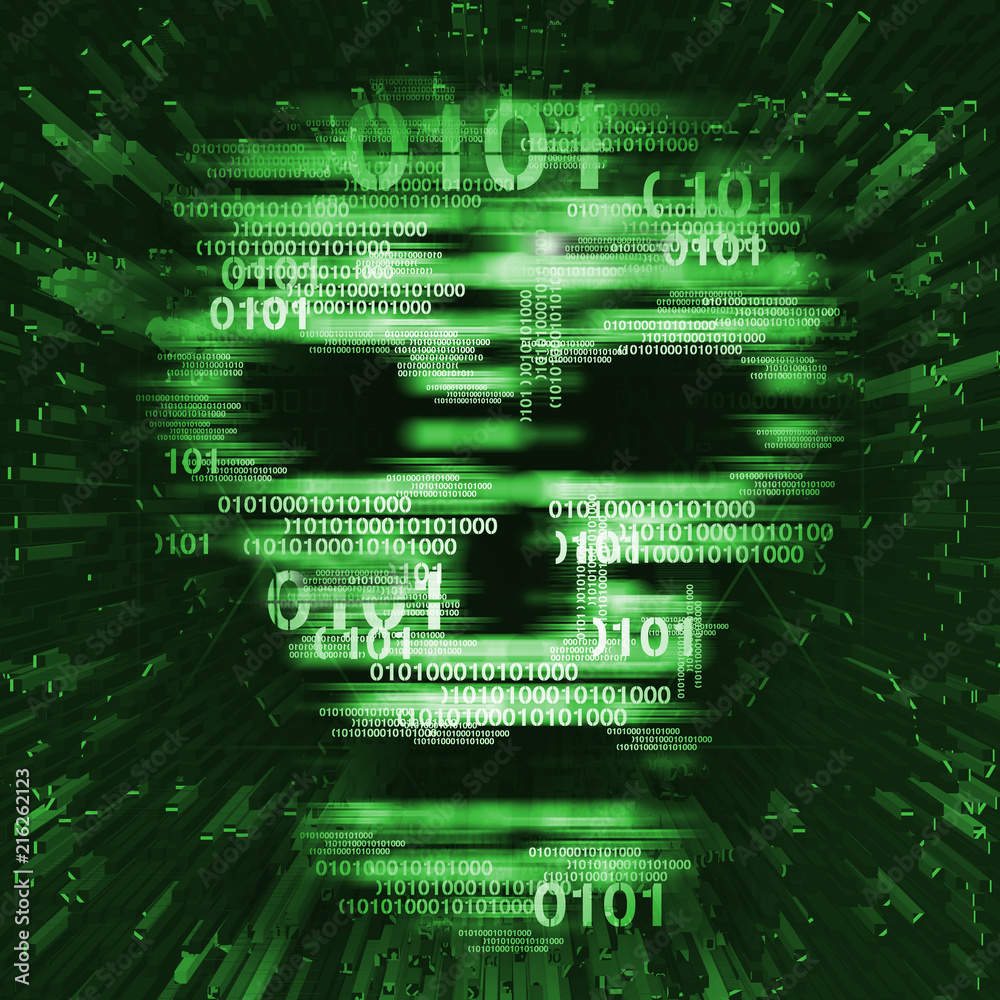The First Computer Virus Was Created in 1983
Did you know that the first computer virus was created by a 15-year-old student? It was named the "Elk Cloner" and infected Apple II systems through floppy disks.

The first computer virus was created as a prank and could display a message on infected computers.
The First 1 GB Hard Drive Was Released in 1980
The first 1 GB hard drive was introduced by IBM in 1980. It weighed over 500 pounds and cost around $40,000. Today, we have hard drives with terabytes of storage, costing a fraction of that price.

IBM's first 1 GB hard drive weighed as much as a refrigerator!
There Are Over 700 Different Programming Languages
Yes, there are more than 700 programming languages in use today, including Python, Java, JavaScript, C++, and Swift.
From Python to Kotlin, there’s a programming language for every kind of developer!
Artificial Intelligence is Changing the World
Artificial Intelligence (AI) is revolutionizing various industries by enabling machines to learn from data, make decisions, and even perform tasks that typically require human intelligence.

AI is making significant advancements in numerous fields.
The First Website is Still Live
The first website ever created was launched on August 6, 1991, by Tim Berners-Lee, the inventor of the World Wide Web. It is still live today!
The first website is a testament to the beginning of the World Wide Web.
The Term "Bug" Comes from an Actual Insect
The term "bug" to describe a computer error dates back to 1947 when Grace Hopper found a moth causing problems in the Mark II computer at Harvard University.

Grace Hopper famously documented the first computer bug.
The Magic of Quantum Computers
Quantum computers use the principles of quantum mechanics to perform calculations at unprecedented speeds, solving complex problems that classical computers cannot.
IBM's quantum computer represents the cutting edge of technology.
You Can Create a Folder Without a Name in Windows
There's a trick to create a folder without a name and hide it!
- First, rename the folder and press Alt + 0160 or Alt + 255 to make the folder name blank.
- Then, right-click the folder, go to Properties → Customize → Change Icon, and select an invisible icon.
This method hides your folder, making it disappear from view!

Hide your folder in plain sight with this clever trick!
When You Download Something, Your Device Gets Heavier!
Every piece of data you download or store adds a minuscule amount of weight to your device! Data is made up of electrons, which have mass. While it’s hard to notice, the entire internet is estimated to weigh about 50 grams—roughly the weight of a small grapefruit. So, each time you download, you're technically adding a tiny bit of weight!
Surprisingly, the internet weighs about 50 grams!
The Apollo Guidance Computer Was Less Powerful Than Your Smartphone?
The Apollo Guidance Computer (AGC), used during the Apollo missions to land astronauts on the moon, had a processing power of just 64 kilobytes of memory. In comparison, the smartphone in your pocket today has millions of times more processing power and memory!
The Apollo Guidance Computer had less power than modern devices!
Did You Know? A Light Switch is Like a Simple Computer?
A light switch operates in a similar way to a computer. Just like a switch can turn a light on (1) or off (0), computers use binary code to process information. This means every task a computer performs is based on simple on/off signals, just like flipping a light switch!
If you were to assemble individual switches to create a computer, it would take you a room full of switches just to perform basic tasks! Each switch represents a tiny part of the complex computations happening inside your computer.
Your computer's complex operations start with simple on/off switches, just like a light switch!
Did You Know? You Can't Create a Folder Named "CON"?
In Windows, certain reserved names, like "CON," "PRN," "AUX," and "NUL," cannot be used for folders or files. This is because these names are reserved for specific system devices. So if you try to create a folder with the name "CON," you'll get an error!
Certain names are off-limits for folder creation in Windows!